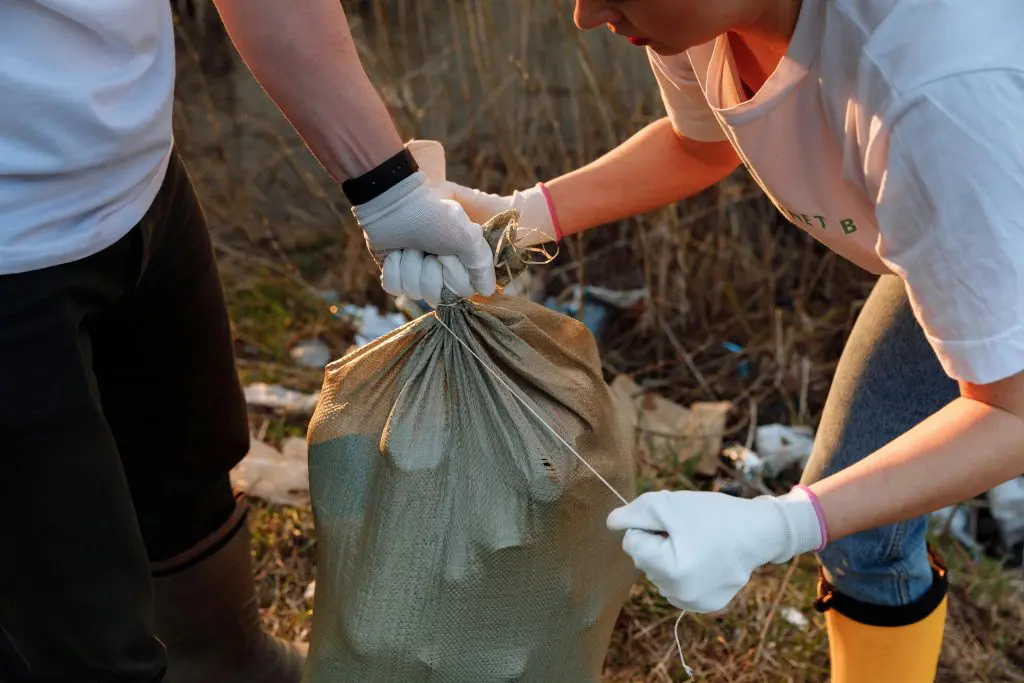
Ireland’s Circular Economy Framework: Advancing Sustainable Resource Use The Irish government is committed to achieving a circular economy, an economic model that prioritises the re-use and recycling of resources while minimising waste. Unlike today’s linear “take-make-waste” economy, the circular economy aims to retain the value of products, materials, and resources for as long as possible, […]
The Irish government is committed to achieving a circular economy, an economic model that prioritises the re-use and recycling of resources while minimising waste. Unlike today’s linear “take-make-waste” economy, the circular economy aims to retain the value of products, materials, and resources for as long as possible, supporting environmental, economic, and social benefits.
A circular economy is not a new concept; many everyday actions already reflect its principles, such as using reusable cups, repairing shoes, or donating items to charity shops. However, achieving the full potential of a circular economy requires government policy, business innovation, and systemic changes in production and consumption.
The core principles include:
Design for Longevity: Products should be durable, repairable, and recyclable.
Resource Efficiency: Materials should be reused or recycled rather than disposed of.
Waste as a Resource: End-of-life products should feed back into production cycles.
Collaboration: Government, businesses, and communities must work together to implement circular practices.
Ireland has published its Whole-of-Government Circular Economy Strategy, which outlines the vision, principles, and policies for transitioning to a circular economy. The strategy:
Explains why circularity is critical for Ireland’s economy and environment.
Provides a roadmap for national policy development.
Will be regularly updated to include circularity actions and targets across the economy.
The strategy highlights that adopting circular practices can reduce plastic pollution, create sustainable jobs, and encourage longer-lasting, higher-quality products.
The Circular Economy and Miscellaneous Provisions Act 2022, enacted in July 2022, provides the first legal definition of a circular economy in Irish law and lays the foundation for government actions to support circularity. Key measures include:
Incentivising reusable and recyclable alternatives to single-use items.
Establishing the Circular Economy Fund (formerly the Environment Fund) to support environmental and circular initiatives.
Mandating segregation and incentivised charging for commercial waste.
Enhancing regulatory processes to encourage sustainable re-use of materials.
The Circular Economy Fund supports a wide range of initiatives, including:
Circular Economy Innovation Grant Scheme (CEIGS): Funds community, NGO, and business projects that advance circular economy principles.
EPA Circular Economy Programme (2021–2027): Provides funding for licensing, regulation, data monitoring, and implementation of circular initiatives.
Anti-Dumping Initiative (ADI): Tackles illegal dumping and encourages local authorities to work with communities on prevention, clean-ups, and education.
Irish Environmental Network (IEN): Supports environmental NGOs in sustainability education, citizen science, and policy development.
Food Circle Project: Implements priority actions in the National Food Waste Prevention Roadmap 2023–2025, including food donation, waste measurement, and research.
Rediscovery Centre: National hub for material re-use, circular skills, and public engagement.
Other funding sources include the EPA Green Enterprise Scheme and revenues from levies on plastic bags and landfill recovery, all managed under the Circular Economy Fund.
Ireland’s public sector, accounting for 10–12% of GDP, can drive circularity through Green Public Procurement (GPP). The Buying Greener: Green Public Procurement Strategy and Action Plan 2024–2027 outlines steps for sourcing goods and services with reduced environmental impacts, encouraging sustainable supply chains.
The bioeconomy involves producing renewable biological resources and converting them into food, feed, bio-products, and bio-energy. Ireland’s policies, including Project Ireland 2040 and the National Policy Statement on the Bioeconomy, emphasise sustainable rural development, low-carbon economic growth, and resource efficiency. The Bioeconomy Implementation Group oversees progress and reports to government.
Textiles are a high-impact sector for the circular economy. Irish policy, informed by the EU Strategy for Sustainable and Circular Textiles (2022), focuses on design, production, consumption, and post-consumption management. The Textiles Advisory Group advises government on enabling circularity within the national textiles ecosystem.
Several companies in Ireland, including the Rediscovery Centre, Enva, and International Synergies, are leading the way in circular economy solutions by promoting reuse, recycling, and industrial symbiosis to reduce waste, extend product lifecycles, and create sustainable economic opportunities. Example companies are:
| Company Name | Focus Area | Location | Website |
|---|---|---|---|
| The Rediscovery Centre | Reuse and upcycling (furniture, fashion, paint, cycling) | Dublin | The Rediscovery Centre |
| International Synergies | Resource matching and industrial symbiosis | Belfast | international-synergies.com |
| Enva | Waste management and recycling services | Nationwide | enva.com |
| Blue Circular Economy | Fishing nets recycling, Environmental services | Roscommon | Home – Blue Circular Economy |
| Circuleire | Circular economy innovation and research | Kilkenny | Circuleire |
| Superfy | Smart waste management and sustainability | Dublin | Superfy Homepage |
| ATC Logistics | Data centre lifecycle management with a focus on sustainability | Dublin | atc-logistics.com |
| Vytal Ireland | Environmental services | Dublin | Vytal Ireland |
| Enrich | Soil Products and composting | Maynooth | Homepage – Enrich |
| Keygreen | Waste management and recycling services | Dublin | KeyGreen | Forensic Waste Management Experts in Ireland | Keygreen |
Ireland’s Circular Economy Framework represents a coordinated approach to sustainable resource use. Through legislation, funding, strategic planning, and stakeholder engagement, the framework addresses waste management, environmental protection, economic growth, and social benefits. Achieving circularity requires collaboration across government, businesses, and communities to ensure resources are used wisely for current and future generations.
Copyright © 2026. All Ireland Sustainability
Webdesign & Development Northern Ireland 2b:creative